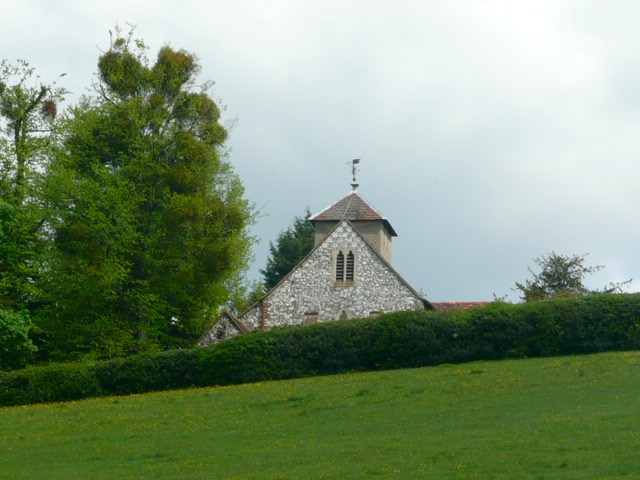Church spires to boost broadband signals in pact with government
Prayers for faster internet are set to be answered after the Church of England offered its spires, steeples and towers to boost broadband signals in remote villages.
In a pact between ministers and Church officials, the CofE will encourage its 16,000 churches, most of which are in rural areas, to host telecoms equipment in a move that could answer the pleas of those begging for faster connectivity.

While conservationists may balk at the idea of historic church buildings being turned into transmission hubs, in most cases the technology will be concealed within the spire and so be out of sight. Guidance from both the Church and Historic England insisted that any telecoms infrastructure does not 'impact on the character and architectural or historic significance of churches'.
The accord could also help churches struggling with rocketing maintenance costs on historic building with parishes able to charge rent and share repair costs with the telecom companies.
'The potential for other mutually beneficial terms, to be agreed, such as sharing the cost of maintaining a church tower or spire on which equipment may be mounted,' the agreement said.
Around two-thirds of Anglican parishes are in rural areas and Matt Hancock, the secretary of state for digital, culture, media and sport, said they provided an ideal alternative to building new radio masts.
'Churches are central features and valued assets for local communities up and down the country,' he said. 'This agreement with the Church of England will mean that even a 15th century building can help make Britain fit for the future improving people's lives by boosting connectivity in some of our hardest-to-reach areas.'
More than 120 churches are already involved in the scheme which is in place in the dioceses of Norwich and Chelmsford.
Stephen Cottrell, the bishop of Chelmsford, said churches becoming digital hubs helps them in their social mission.
'We know that rural churches in particular have always served as a hub for their communities. Encouraging churches to improve connectivity will help tackle two of the biggest issues rural areas face - isolation and sustainability,' he said.
In Norwich, where churches have been used to boost broadband since 2011, the bishop Graham James said: 'Our parish churches are a truly national network, and to use them creatively to create new forms of connectivity enhances their value for the communities they serve.'











